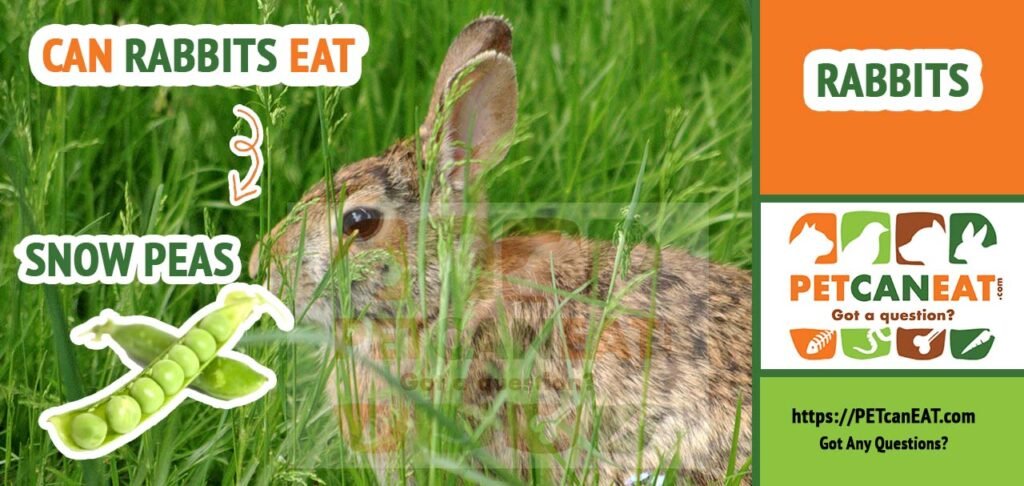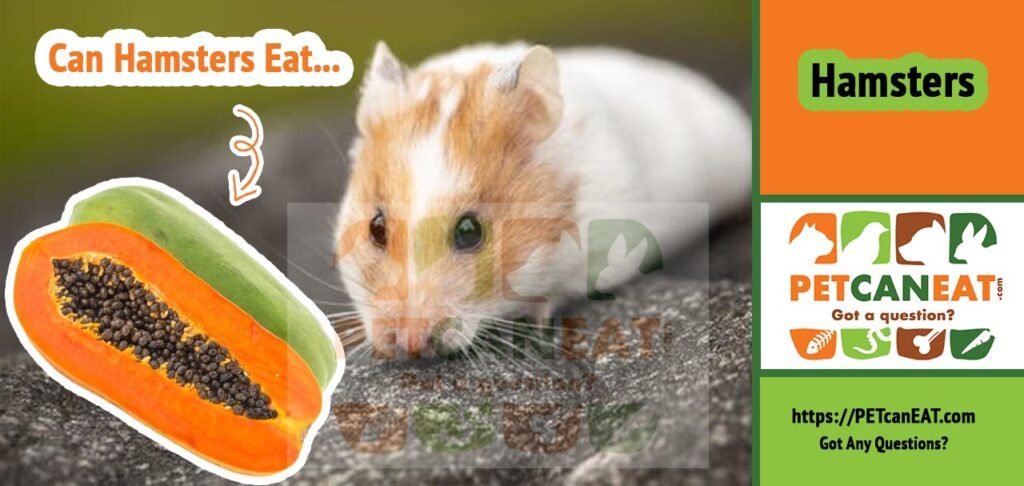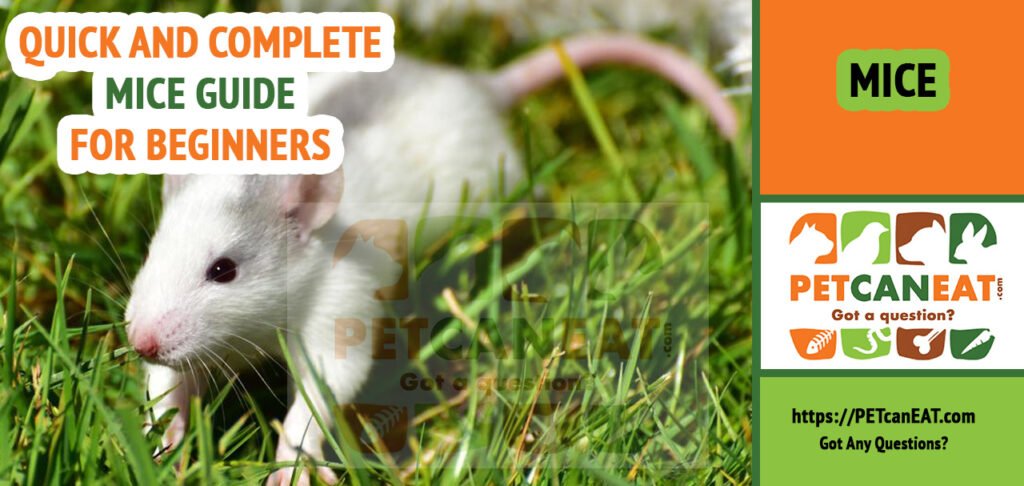
It’s no news that many pets find green vegetables irresistibly delicious, and some can never have enough of it. Snow peas are one of such vegetables; green, flat, and juicy. However, can rabbits eat snow peas? others may ask, can rabbits eat mangetout? what about the stems, leaves, and sprouts? Let’s find out.
Many people confuse snow peas and sugar snap peas, however, It’s noteworthy to note that snow peas are actually quite different from sugar snap peas. This article will be discussing snow peas only.
Snow peas are green and flat peas that were initially grown in Southwest Asia. Their peas are often eaten before they ripen, either with their pods or the peas alone and are usually produced during the cooler seasons (winter and spring).
image of snow pea
Uses of snow peas (mangetout)
- They are used in cooking. Most notably, used in Asian cuisine and several Chinese dishes.
- They help farm too, and they are planted as a nitrogen fixer next to other plants in the garden.

Can Rabbits eat snow peas?
Can rabbits eat snow peas?
Can rabbits eat mangetout?
Yes, your rabbits can eat snow peas (mangetout), and they find them very tasty and would love nibbling on them day after day.
Snow peas offer many nutritional benefits to your rabbit, as we have shown from the nutritional datasheet from the USDA website.
Snow peas are harmless, and when fed properly, it’s consumption doesn’t have any known adverse effect. It’s recommended that you serve unripe, very young pods to your rabbit, not offer them dried snow peas.
The dried snow peas are more starchy and contain a lot more fiber, therefore, making them chewy and can potentially cause choking hazards quite easily.
Can rabbits eat snow pea leaves?
Many Asian cuisines use snow pea leaves as part of its ingredient because of the unique aroma they add to the dishes. Feeding snow pea leaves to your rabbit is harmless and offers many of the same nutrients that the pea and pod do. So go ahead and help your rabbit to some snow pea leaves.
Can rabbits eat snow pea stems?
Although it is common to dispose of snow pea stems during cooking, rabbits can enjoy the stringy stems without any adverse reaction. So do go ahead and offer some snow pea stems to your bunny.
Can rabbits eat snow peas sprouts?
Yes, rabbits can safely eat snow peas sprouts without any adverse effect.

Nutrient datasheet of snow peas
| Name | Amount | Unit |
| Water | 88.9 | g |
| Energy | 42 | kcal |
| Energy | 176 | kJ |
| Protein | 3.27 | g |
| Total lipid (fat) | 0.23 | g |
| Ash | 0.54 | g |
| Carbohydrate, by difference | 7.05 | g |
| Fiber, total dietary | 2.8 | g |
| Sugars, total including NLEA | 3.99 | g |
| Calcium, Ca | 42 | mg |
| Iron, Fe | 1.97 | mg |
| Magnesium, Mg | 26 | mg |
| Phosphorus, P | 55 | mg |
| Potassium, K | 240 | mg |
| Sodium, Na | 4 | mg |
| Zinc, Zn | 0.37 | mg |
| Copper, Cu | 0.077 | mg |
| Manganese, Mn | 0.168 | mg |
| Selenium, Se | 0.7 | 碌g |
| Vitamin C, total ascorbic acid | 47.9 | mg |
| Thiamin | 0.128 | mg |
| Riboflavin | 0.076 | mg |
| Niacin | 0.539 | mg |
| Pantothenic acid | 0.673 | mg |
| Vitamin B-6 | 0.144 | mg |
| Folate, total | 29 | µg |
| Folate, food | 29 | µg |
| Folate, DFE | 29 | µg |
| Choline, total | 17.4 | mg |
| Vitamin A, RAE | 52 | µg |
| Carotene, beta | 597 | µg |
| Carotene, alpha | 42 | µg |
| Vitamin A, IU | 1030 | IU |
| Lutein + zeaxanthin | 702 | µg |
| Vitamin E (alpha-tocopherol) | 0.39 | mg |
| Vitamin K (phylloquinone) | 25 | µg |
A good reason you should include these peas in your rabbit’s diet is that they contain many valuable nutrients, including carbohydrates, fat, protein, vitamins A, B1-B6, B9, choline, C, D, E, and K. In addition, they contain many vital minerals.
As a precautionary measure, you need to know how to properly introduce any new food to your rabbit to avoid stomach upsets, including diarrhea, indigestion, etc. Introducing new food to your pet must be done gradually over a period, for example, a week.
Snow pea for rabbit feeding tips
Usually, you will need to start with minimal amounts and introduce one new food at a time until this pet is fully accustomed to it. Check how his tummy accepts the new food.
Expect a reaction within or even after a day. If there are no adverse effects like digestive problems, then you can gradually increase the amount.
In addition, you must know the correct amount. Your pet needs about one cup of chopped vegetables for every 2 pounds of body weight. You will need to mix about 4-6 different types of vegetables to create an excellent nutritional blend that provides most of the essential nutrients it needs.
To the nutritional mix of 4-6 vegetables, you can add Dutch bean leaves or stems. Make sure you choose organic sources or sources that are free of agrochemicals and washed.
However, feed them occasionally for fresh, immature, green snow pea pods (just as you would other non-leafy vegetables such as carrots, broccoli, broccoli, squash, and zucchini).
One teaspoon per 2-pound rabbit should be enough. Remember, your rabbit only needs to eat once a day. Therefore, please do not give them fruit or other non-leafy vegetables afterward.
Can rabbits eat snow peas? – The Conclusion
Because of the freshness and crunchy feeling, your rabbit may prefer these snow peas to regular food. The pods are just a snack, and the leaves and stems can be part of a leafy green vegetable.
Do not replace them with the recommended diet, as too many vegetables can cause diarrhea, bloating, and flatulence. They may not have enough fiber, such as hay, which is a staple of their diet.





